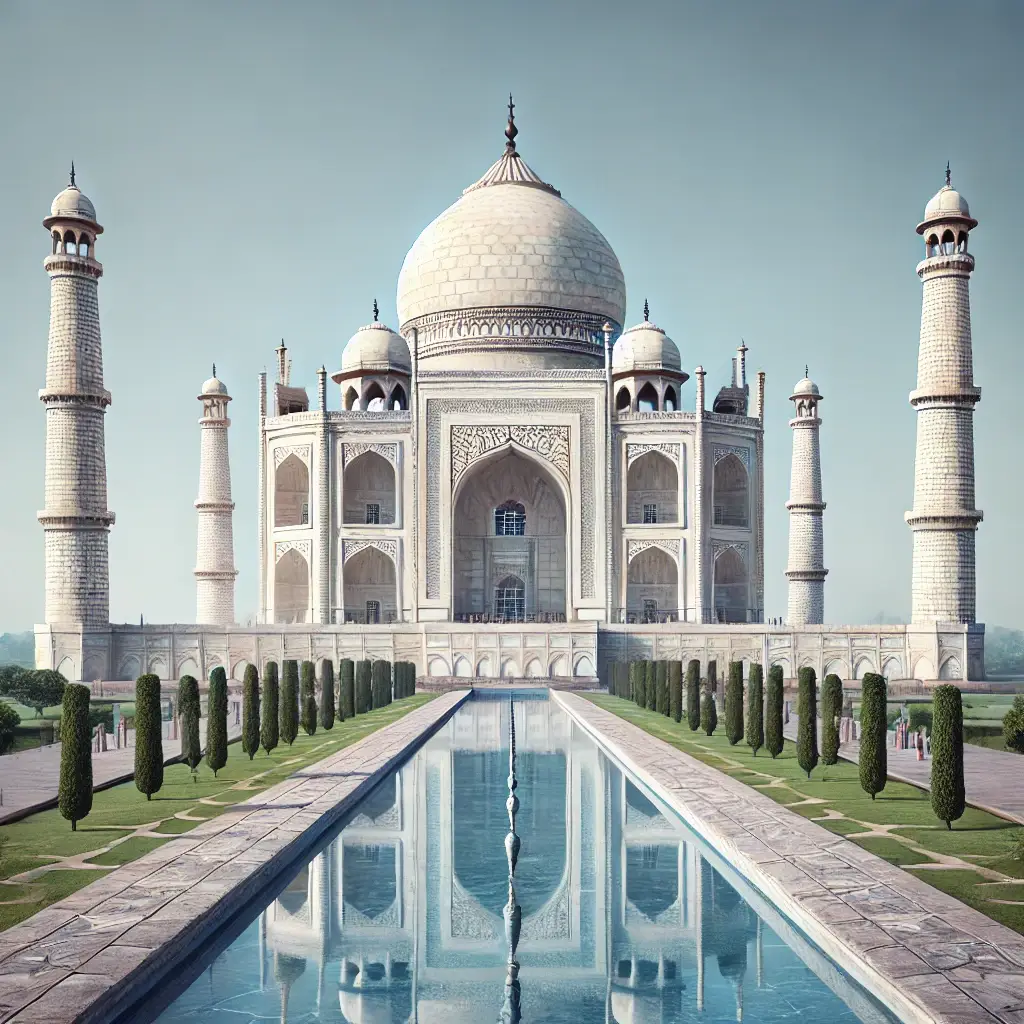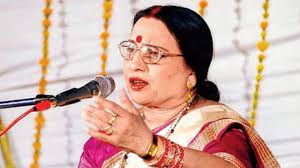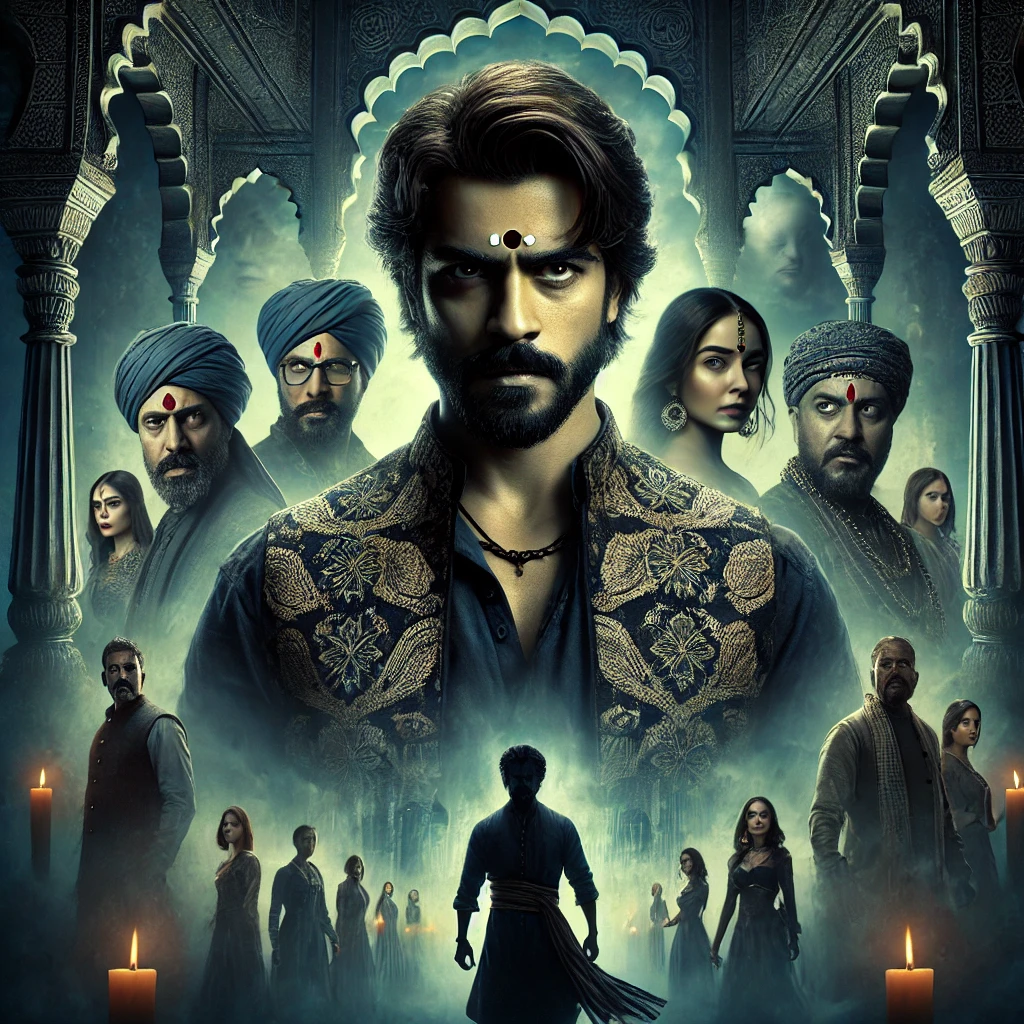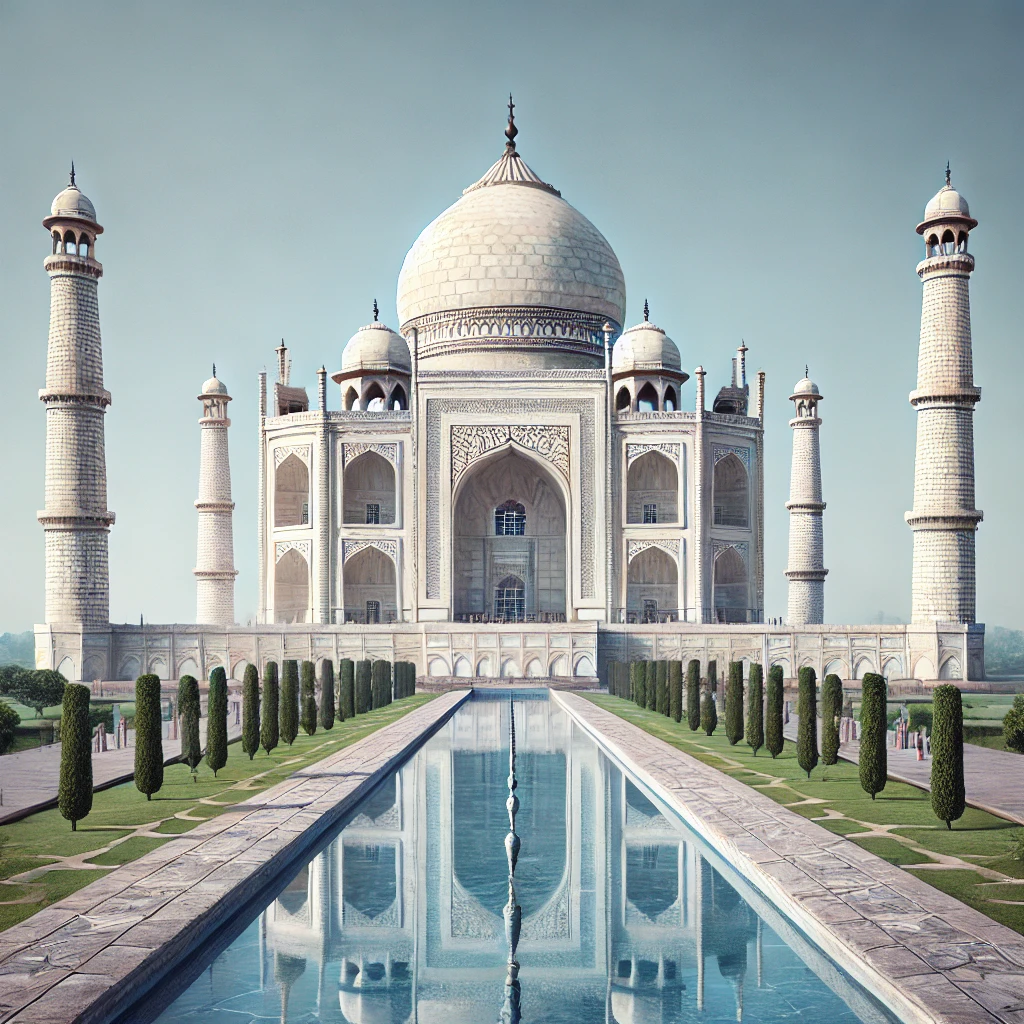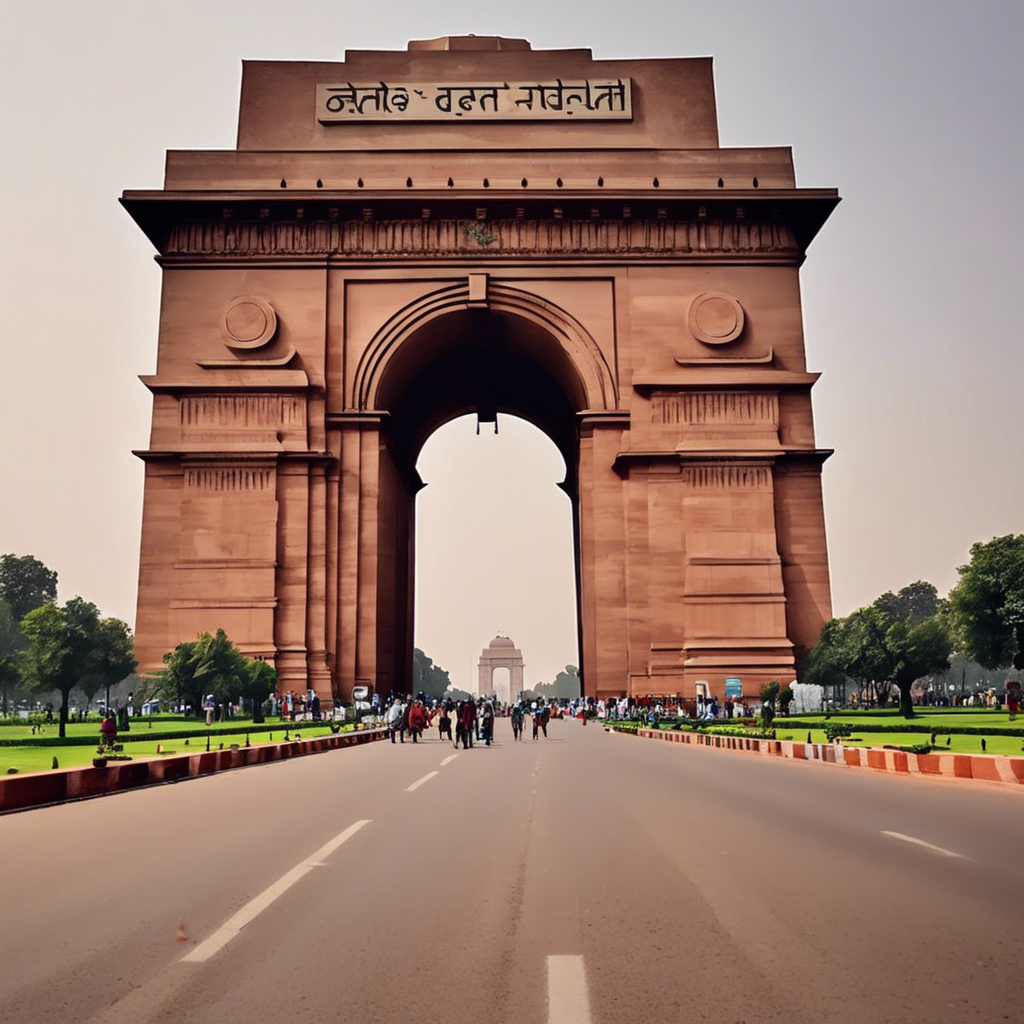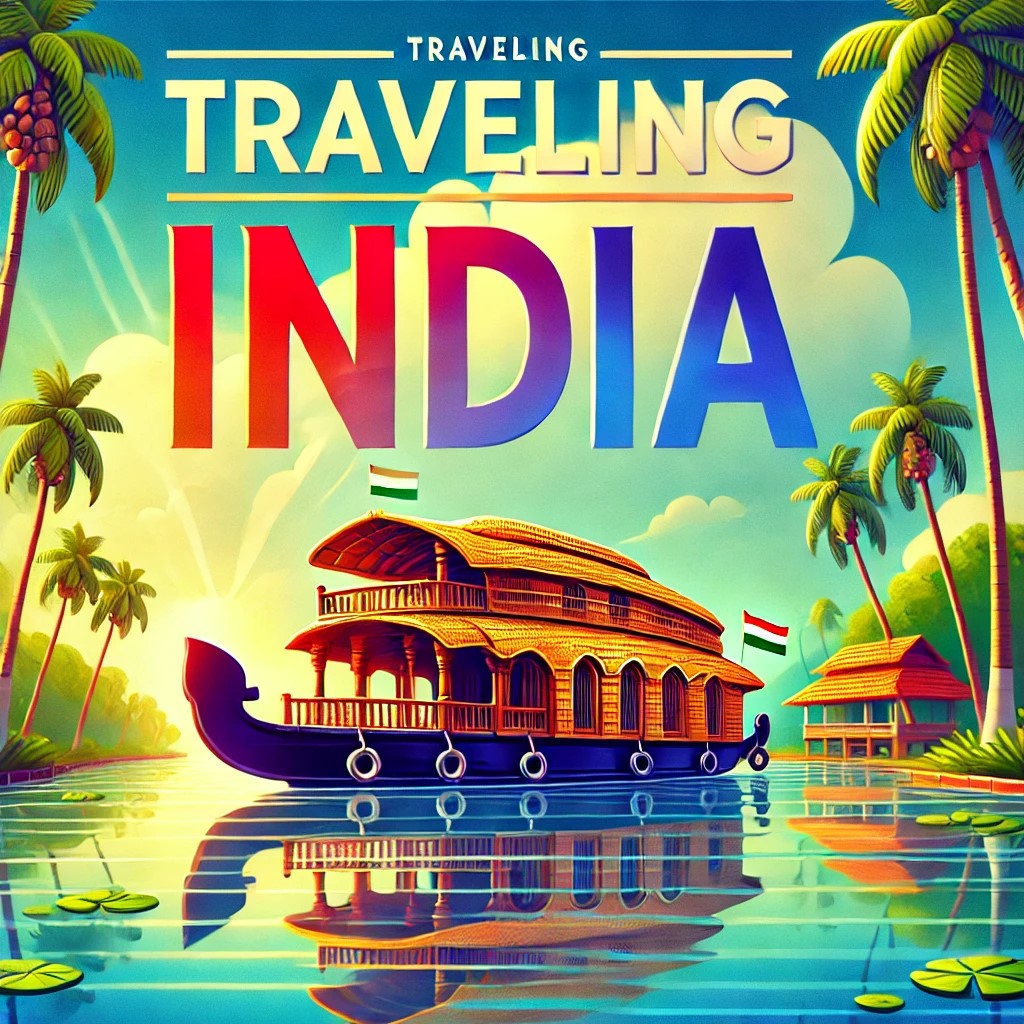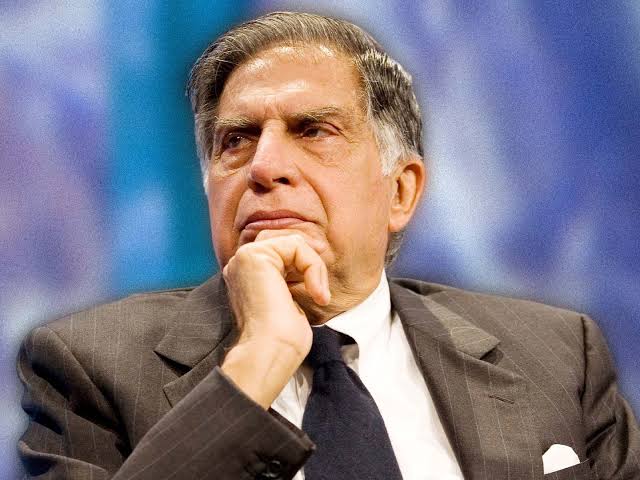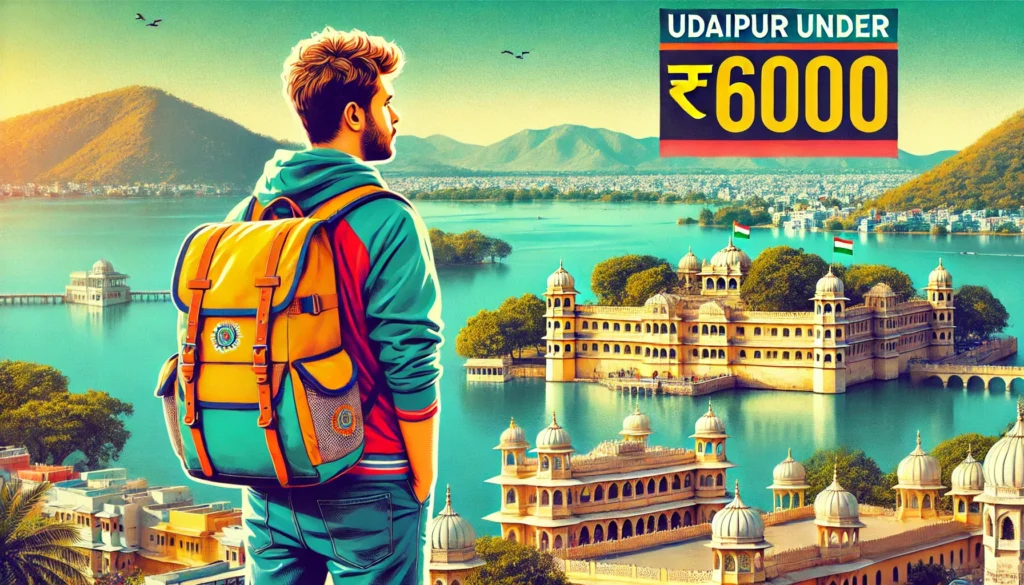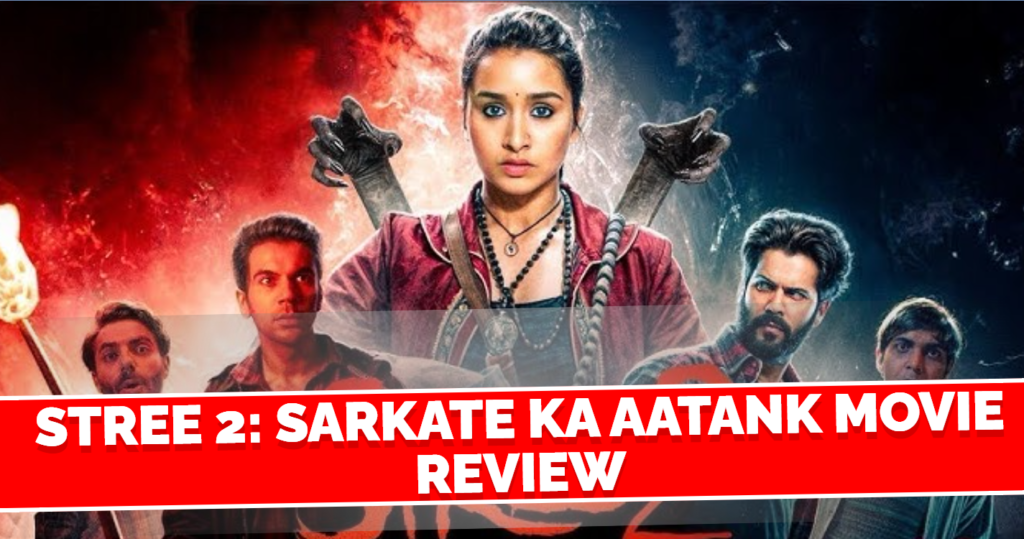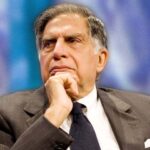The Inspiring Journey of Sir Ratan Tata: A Beacon of Leadership and Compassion
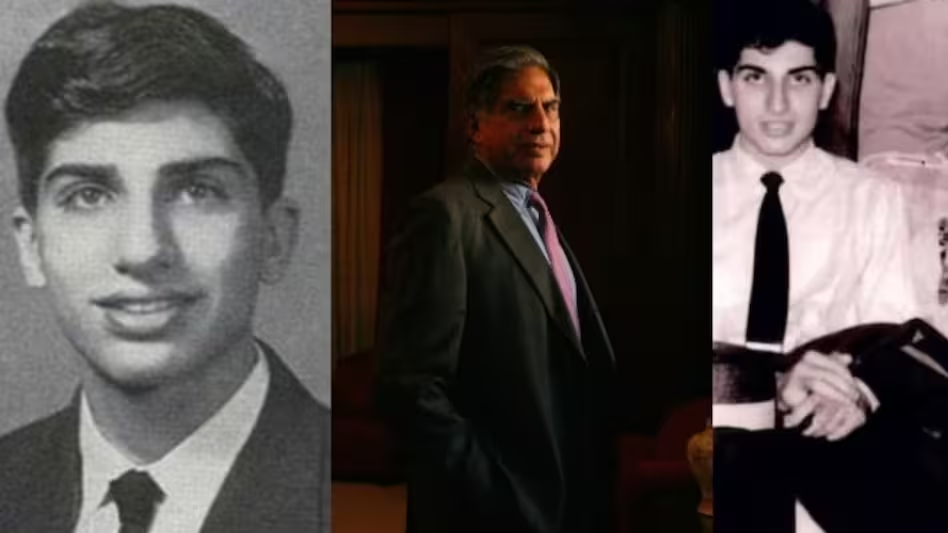
Ratan Tata is one of the most iconic and respected industrialists of India. He has a life saga that contains struggle, discipline, and dedication to social service. A biopic made on his life would be not only the success story of Tata Groups but even the story of development of Indian industries and societies.
Introduction
Ratan Tata (28 December 1937 – 9 October 2024) was an Indian industrialist and philanthropist, who was the chairman of Tata Group and Tata Sons from 1991 to 2012 and later on as interim chairman from October 2016 until February 2017. He was conferred India’s second-highest civilian honor, Padma Vibhushan, in 2008 and was awarded Padma Bhushan in 2000.
Acquiring Tetley, Jaguar Land Rover, and Corus during his tenure, the Tata Group made Tata a global venture rather than an India-focused one. Ratan Tata was also a philanthropist who personally and through his investment firm invested in over 30 startups.
Early Life
Ratan Tata was born on December 28, 1937, in Bombay-now Mumbai-when India still remained under British rule. His family belonged to the Parsi Zoroastrian community. He belongs to Naval Tata, who was born in Surat and later became an adopted member of the Tata family. Ratan Tata is the child of Sooni Tata, who was a niece of Jamsetji Tata, the founder of the Tata Group, and his biological grandfather is Hormusji Tata within the Tata family.
In 1948, when Ratan Tata was just 10 years old, his parents separated. He was brought up by his grandmother, Navajbai Tata, since his father was her husband when Ratanji Tata married. Ratan Tata has a brother named Jimmy Tata and Noel Tata who is the child of his stepfather Naval Tata from his second marriage. The time, therefore, was really testing for the scion. But he endured those hardships with restraint and patience.
His education as well as experience abroad are telling evidence of that.
Ratan Tata was schooled at the Cathedral and John Connon School in Mumbai, Bishop Cotton School in Shimla, and Riverdale Country School in New York City, from where he graduated in 1955. Thereafter, he went to Cornell University, from where he graduated in 1959 with a bachelor’s degree in architecture and received his Advanced Management Program from Harvard Business School.
He came back to India after completing his education and for sometime, he worked in the US where he developed an understanding about the Western country’s industry culture and management techniques.
At Cornell, he was an alpha beta member of the Alpha Sigma Phi fraternity. In 2008, he donated $50 million to Cornell, making him the biggest international donor Cornell University had ever received.
Early Professional Life and Tata Group Investment
Ratan Tata began his career with the Tata Group in 1961. Initially, he got a chance to work on the shop floor of Tata Steel where he worked at the grass root level among the workers. Soon enough, his hard work and leadership became the prominent features that led him to head the group in major projects.
In the 1970s, Ratan Tata was given a managerial position in the Tata Group. He proved his management skills as he successfully revitalized National Radio and Electronics (NELCO). At the outset, he was faced by a tough challenge from the heads of the subsidiaries of the group, which until then had been functioning almost as independent entities. As a response, Ratan Tata was able to bring in a number of policies that integrated the structure of the group. These include fixing the retirement ages, ensuring subsidiaries report directly to the headquarters of the group, and ensuring all the subsidiaries contribute to the profits to develop the brand of the Tata Group.
In 1991, JRD Tata appointed him as the chairman of the Tata Group. The Tata Group had in the meantime split into several companies by this time, but Ratan Tata re-integrated the group’s strategy and established it as a global brand. He took key brands like Tata Motors, Tata Consultancy Services, Tata Teleservices and Tata Tea to new heights.
Ratan Tata promoted innovation and entrusted the responsibility to young talent. He made Tata Group subsidiaries overlap minimum and group embraces globalization: It has slowly stepped out of businesses that were not very relevant to the core business of the Tata Group.
Ratan Tata led Tata Group for 21 years during which the company’s revenues increased 40-fold and profits 50-fold. During his tenure, Tata Tea acquired Tetley, Tata Motors acquired Jaguar Land Rover, and Tata Steel acquired Corus. These deals make Tata Group transform from an Indian company to a global brand that made more than 65 percent of revenues coming from international markets.
Ratan Tata launched affordable cars like the Tata Nano to make ordinary Indians more able to acquire a car for themselves. One more model that he introduced was the Tigor electric vehicle, which already gave impetus to India’s electric vehicle dream.
He had in 2012 decided to step down from the Tata Group at an age of 75. His successor, Cyrus Mistry, was controversial enough and was actually removed in 2017 to make way for Natarajan Chandrasekaran who took his chair as the chairman of Tata Sons.
Ratan Tata also made several personal investments in start-ups, including Snapdeal, Ola, Teabox, CashKaro and the Chinese smartphone manufacturer Xiaomi, etc. He owns a start-up called “Goodfellow” that focuses on good-friendship between the elderly and youth.
Social Service and Charity
The life of Ratan Tata has been abounding with deep commitment towards social service. About 66% of the Tata Group goes to Tata Trust, which works in the field of education, health and social service. Ratan Tata himself had also worked on many social issues. He had supported startups in India and stressed upon job creation for the youth.
- Ratan Tata was one of the strong advocates of education, medicine and village development. Moreover, he is one of the largest philanthropists India ever witnessed. He partnered with the University of New South Wales on water quality issues.
- The UC San Diego’s “Tata Hall” research center opened with a $70 million grant from the Tata Trusts in 2018.
- He also established a $28 million Tata Scholarship Fund for Cornell University students.
- In 2010 Tata Group gifted $50 million for building the “Tata Hall” at Harvard Business School.
- The Tata Innovation Center at Cornell Tech is also named after Ratan Tata.
- TCS pledged $35 million for research in autonomous vehicles and cognitive systems for Carnegie Mellon University.
- The “Tata Center for Technology and Design” was established at IIT Bombay in 2014 with ₹950 million.
- Tata Trusts committed ₹750 million to the Indian Institute of Science to conduct research on Alzheimer’s.
- Also established at MIT was the “Tata Center of Technology and Design”, working with problems of resource-limited communities.
Major Achievements
Many historic victories were achieved by the Tata Group under the leadership of Ratan Tata. The British motor company, Jaguar Land Rover, was acquired in 2008 by him. He marked a significant success story for the automobile industry in India, apart from that. Moreover, he introduced the cheapest car in the world ‘Nano’, which declares his vision about simplifying and low-cost products.
- The Government of India has awarded Ratan Tata as ‘Padma Bhushan’ in 2000.
- In 2008, he was given the Padma Vibhushan award – the second highest civilian honor in India.
- In 2006 the Maharashtra government gave him the “Maharashtra Bhushan” award for his contribution towards the development of public administration in Maharashtra.
- In 2021 the Assam government gave the “Assam Baibhav” award for his contribution to cancer care in Assam.
Major awards and honours received by Ratan Tata are as follows:
- 2001: Honorary Doctorate in Business Administration – Ohio State University
- 2004:
- Oriental Republic of Uruguay Medal – Government of Uruguay
- Honorary Doctorate in Technology – Asian Institute of Technology
- 2005:
- International Distinguished Achievement Award – B’nai Brith International
- Honorary Doctorate in Science – University of Warwick
- 2006:
- Honorary Doctorate in Science – Indian Institute of Technology Madras
- Responsible Capitalism Award – First (for the Inspiration and Recognition of Science and Technology)
- 2007:
- Honorary Fellowship – London School of Economics and Political Science
- Carnegie Medal of Philanthropy – Carnegie Endowment for International Peace
- 2008:
- Honorary Doctorate in Law- University of Cambridge
- Honorary Doctorate in Science- Indian Institute of Technology Bombay and Indian Institute of Technology Kharagpur
- Honorary Citizen Award- Government of Singapore
- Honorary Fellowship- Institution of Engineering and Technology
- Inspired Leadership Award- Performing Theatre
- 2009:
- Honorary Knight Commander of the British Empire (KBE) – Queen Elizabeth II
- Lifetime Contribution Award in Engineering- Indian National Academy
- Grand Officer of the Order of Merit- Government of Italy
- 2010:
- Honorary Doctorate in Law- University of Cambridge
- Hadrian Prize- World Monuments Fund
- Oslo Business for Peace Award- Business for Peace Foundation
- Legend in Leadership Award- Yale University
- 2012:
- Honorary Fellow- Royal Academy of Engineering
- University of New South Wales: Business Honoris Causa
- Grand Cordon of the Order of the Rising Sun – Government of Japan
- 2013:
- Foreign Associate- National Academy of Engineering
- Transformational Leader of the Decade – Indian Affairs India Leadership Summit
- Ernst & Young Entrepreneur of the Year – Lifetime Achievement
- 2014:
- Honorary Doctorate in Business – Singapore Management University
- Sayaji Ratna Award – Baroda Management Association
- Honorary Knight Grand Cross of the Order of the British Empire (GBE) – Queen Elizabeth II
- 2015: Honorary Doctorate in Automotive Engineering – Clemson University
- 2016: Commander of the Legion of Honour – Government of France
- 2018: Honorary Doctorate in Engineering – Swansea University
- 2022: Honorary Doctorate in Literature – HSNC University
- 2023:
- Honorary Officer of the Order of Australia (AO) – King Charles III
- Maharashtra Udyog Ratna – Government of Maharashtra
Journey after Retirement
He retired as the chairman of Tata Group in 2012 but is still engaged in social work and philanthropy. He continues associating with Tata Trusts and doing this philanthropic work.
Death
Ratan Tata was admitted to Breach Candy Hospital on 7 October 2024 in a critical condition, and he was kept under the observation of doctors there. He died on the night of 9 October 2024 at the age of 86. The Maharashtra government declared the day following his death as a day of mourning after his death.
Conclusion
The story of Ratan Tata is a good example of Indian industry, entrepreneurship, and social service. It won’t be just an important move for Indian cinema but, one could say, will inspire one and all in his lifetime. Ratan Tata’s biopic would, therefore, be a story of a man who did not trade in his values and principles even in the most adverse conditions. It will not only reveal his business journey but also the struggles he faced and his awareness towards social issues and how he did his part for the Indian industry. The film will be inspiration for the younger generation, who can learn a lot from Ratan Tata’s leadership and heights he reached.



